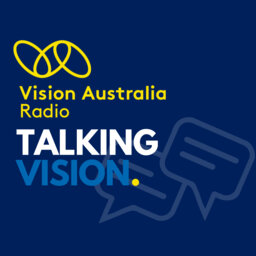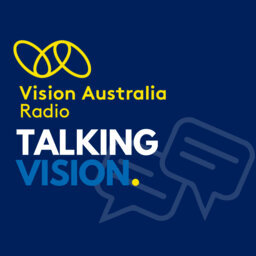Talking Vision Edition 582 Week of 12th July 2021
Former member of Parliament Christopher Pyne joins the show this week to talk about his life in politics, his proudest achievements and the family connection to ophthalmology and eye health that has him eager to take on his recent new role as chair of Vision 2020 Australia.
Stephen Jolley recently caught up with Christopher following the commencement of his new role as well as Vision 2020’s recent 21st anniversary, and their conversation continues for the duration of the show this week.
In 1 playlist(s)
Talking Vision by Vision Australia Radio
Vision Australia Radiothon is on now. Donate via www.varadio.org and make a tax deductible donation …Social links
Follow podcast
Recent clips

Talking Vision 820 Week Beginning 23rd of February 2026
27:55

Talking Vision 819 Week Beginning 16th of February 2026
28:59

Talking Vision 818 Week Beginning 9th of February 2026
28:10
 Talking Vision by Vision Australia Radio
Talking Vision by Vision Australia Radio